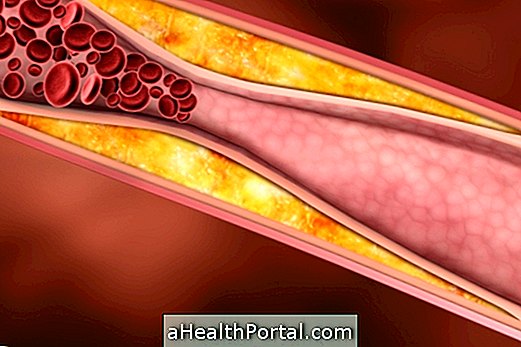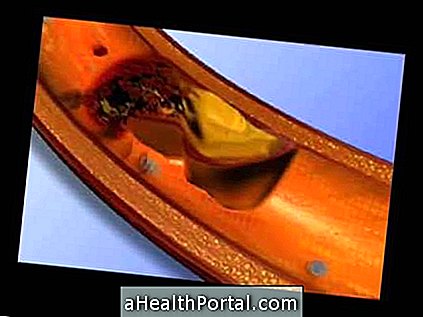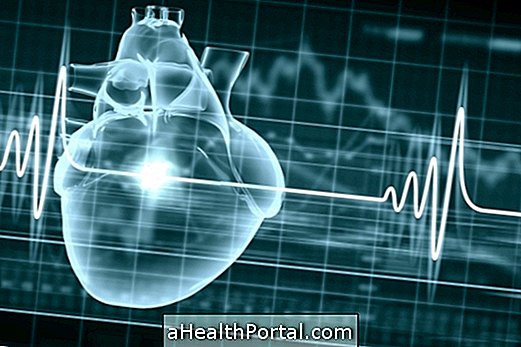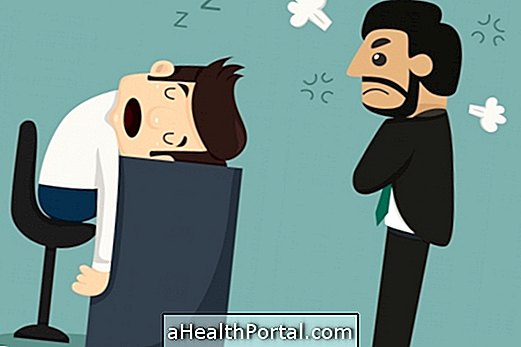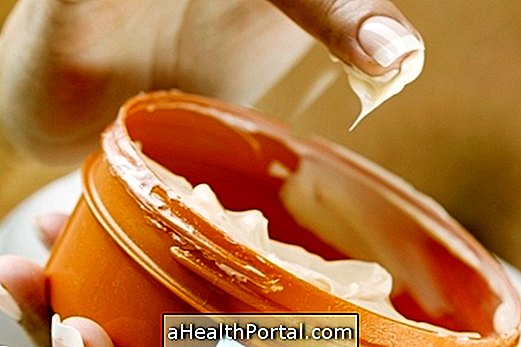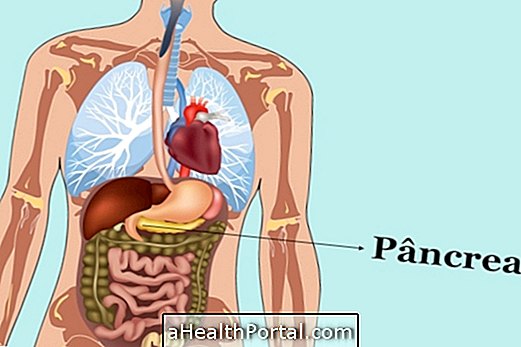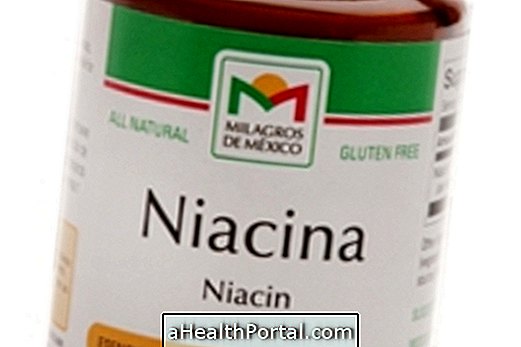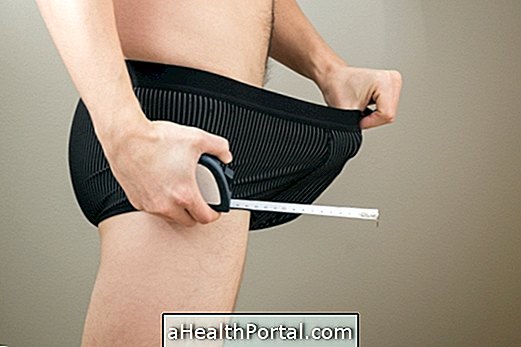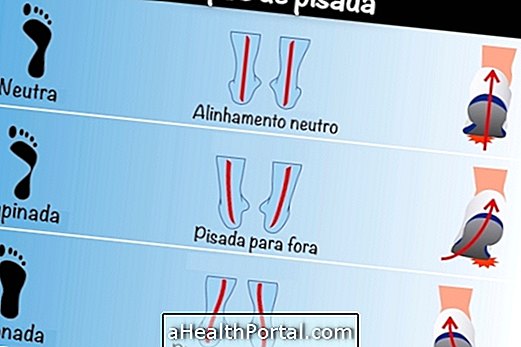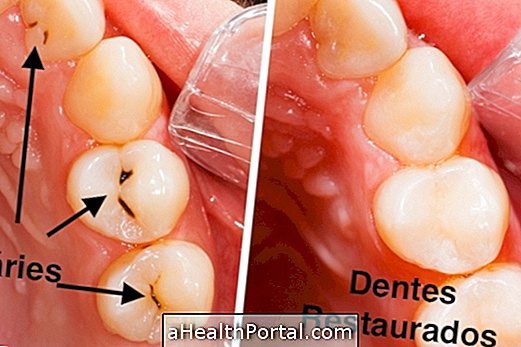In the immediate postoperative period of cardiac surgery, the patient must remain in the first 2 days hospitalized in the intensive care unit (ICU) so that it is constantly observed and, if necessary, doctors can intervene more quickly.
It is the Intensive Care Unit that will observe the respiratory parameters, blood pressure, temperature and heart function. In addition, the urine, the scar and the drains are observed.
These first two days are the most important because during this period there is a greater chance of cardiac arrhythmias, major bleeding, heart attacks, pulmonary and cerebral effusions.
Physiotherapy in the postoperative period of cardiac surgery
Physical therapy is an important part of the postoperative period of cardiac surgery. Respiratory physiotherapy should be started upon arrival at the intensive care unit (ICU), where the removal of the patient from the respirator will be performed according to the type of surgery and the severity of the patient. Motor physical therapy may begin about 3 days after surgery, depending on the orientation of the cardiologist.
Physiotherapy should be performed daily 1 or 2 times a day while the patient is in the hospital, and when he is discharged, he should continue to undergo physiotherapy for about 3 to 6 months.
Recovery after heart surgery
Recovery after heart surgery is slow, and some guidelines need to be followed to ensure treatment success. Some of these guidelines are:
- Avoid strong emotions;
- Avoid great efforts. Perform only the exercises recommended by the physiotherapist;
- Feed properly, in a healthy way;
- Taking medications on time;
- Do not lie on your side, or on your stomach;
- Do not make sudden movements;
- Do not drive for up to 3 months;
- Do not have sex before completing 1 month of surgery.
In the postoperative period, depending on each case, the cardiologist should schedule a review visit to evaluate the results and follow the patient once a month or as needed.

